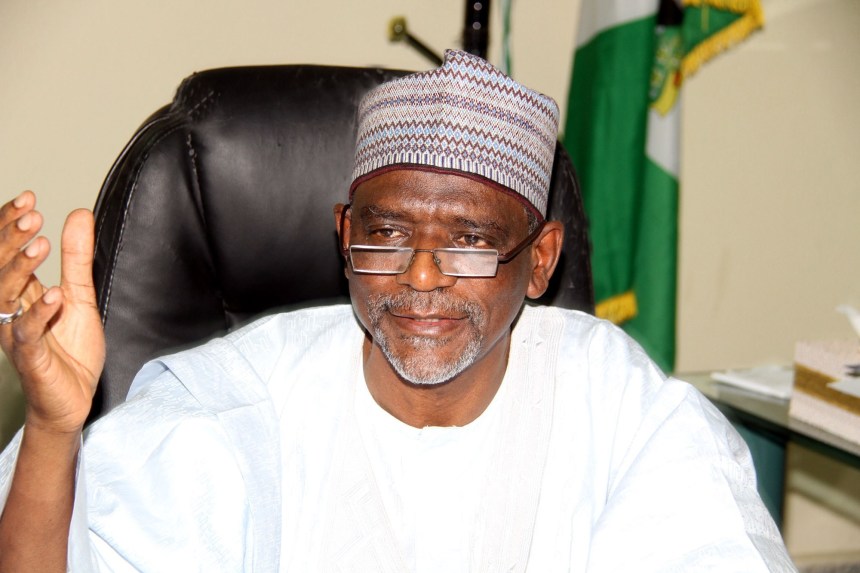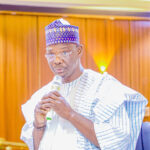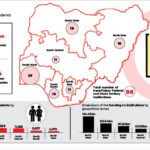Sequel to the approval by the federal government for the re-opening of schools across the country, pupils and students in various states have either resumed classes or about to resume. Speaking at a press conference on Friday, October 2, 2020, in Abuja, the Minister of Education, Malam Adamu Adamu, announced October 12, 2020, as the date for the full re-opening of 104 unity schools and all other basic and secondary schools across the country.
Malam Adamu said state governments and private school proprietors are at liberty to re-open based on guidelines developed for the safe reopening of schools; urging them to abide by the COVID-19 protocol to curtail the spread of the virus. He threatened to shut down any school, whether government or privately owned, which fails to obey the protocol. The decision to re-open schools was based on the advice and guidelines of the Presidential Task Force on COVID-19.
It could be recalled that schools re-opened partially on Tuesday, August 4, 2020, for graduating students to resume and prepare for the West African Senior School Certificate Examination (WASSCE), which was to start on August 17, 2020. Other classes excluded from resumption at that time are the ones resuming now. The federal government had on March 19, 2020, ordered the closure of all tertiary, secondary and basic schools nationwide over the COVID-19 pandemic. Education is one of the sectors that is worst hit by the pandemic in Nigeria and elsewhere.
Various states responded to the ministerial directive on the re-opening of schools with different school calendars. For instance, while public and private schools in Niger and Bayelsa states resumed on different dates for the third term of the 2019/2020 session, the Federal Capital Territory (FCT) completely cancelled the third term.
Chairman of the FCT Schools Resumption Committee, Dr Fatima Abdulrahman, disclosed during a press conference in Abuja that there would be no third term. She directed schools in the FCT to resume on October 12, 2020, for the 2020/21 academic session after students have spent the first two weeks of resumption for revision and end of second term examination. Other states are running a hybrid session, which integrates the outstanding third term into the new academic session. Some schools refer to this integrated approach as the “COVID-19 scheme”.
These discordant tunes in school calendar negate the provisions of the national policy on education, which requires strict compliance to curriculum contents.
The curriculum is a national document developed by the Nigeria Educational Research and Development Council (NERDC). It is important to emphasise that no state government has the exclusive right to discard or adjust a school term because each of the three statutory school terms in a session is tied to a set of academic activities that altogether make up the curriculum. Every part of the curriculum is important and must not therefore be downplayed or ignored. If any part of the curriculum is to be modified in order to make up for the huge time lost to COVID-19, only the NERDC has the exclusive mandate to do so.
Although education is on the concurrent list, curriculum contents are expected to be uniformly delivered by all states of the federation, which again calls for a common and uniform implementation strategy. The online lessons held for pupils and students in some states during the lockdown period is not a reasonable justification for the cancellation of a part or a whole school term because not all students would have participated in the e-lessons. Even in the case of lessons aired via radio and television programmes, not all students were likely to have had access to a phone or laptop at that time.
Since all basic and secondary schools in Nigeria operate one national curriculum and write common national examinations, we call on the Federal Ministry of Education to urgently convene an emergency meeting of the National Council on Education to produce a common school calendar that will not put any student or school in any part of the country at disadvantage. It is not late to hold this crucial meeting virtually if not physically.

 Join Daily Trust WhatsApp Community For Quick Access To News and Happenings Around You.
Join Daily Trust WhatsApp Community For Quick Access To News and Happenings Around You.


